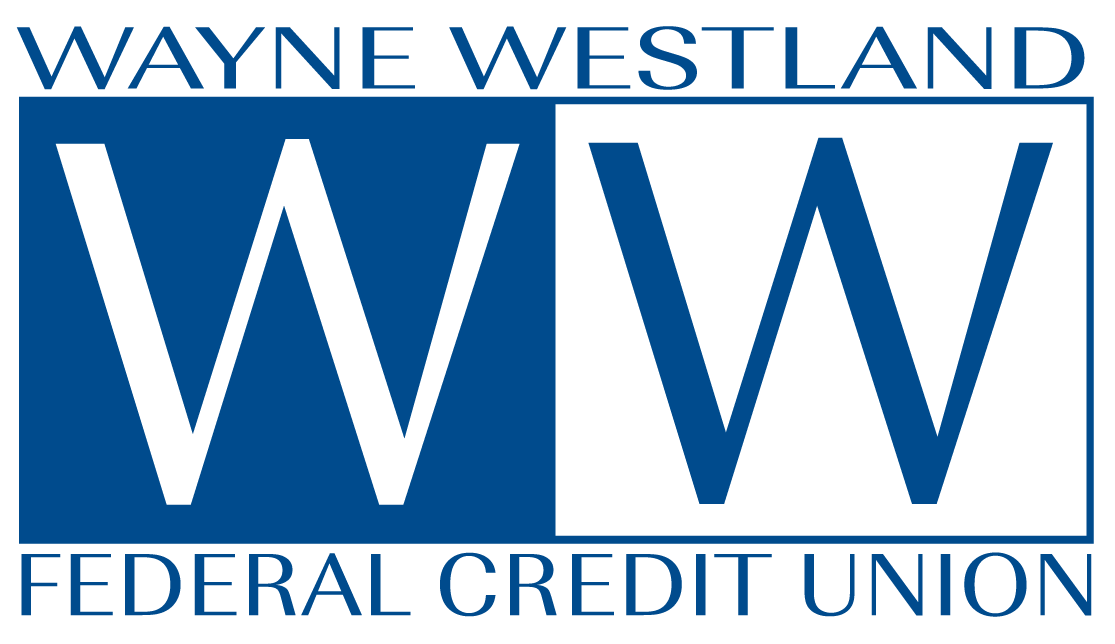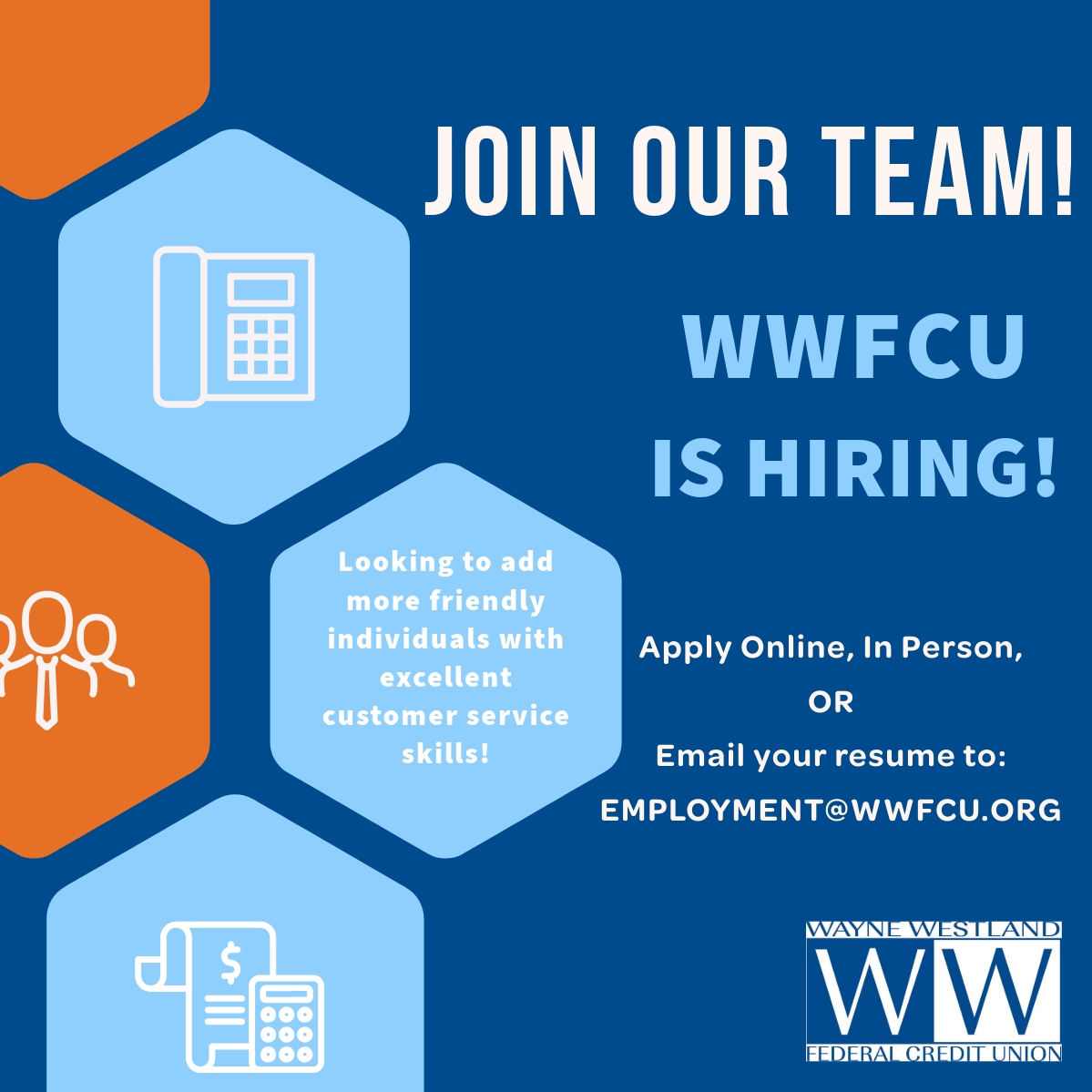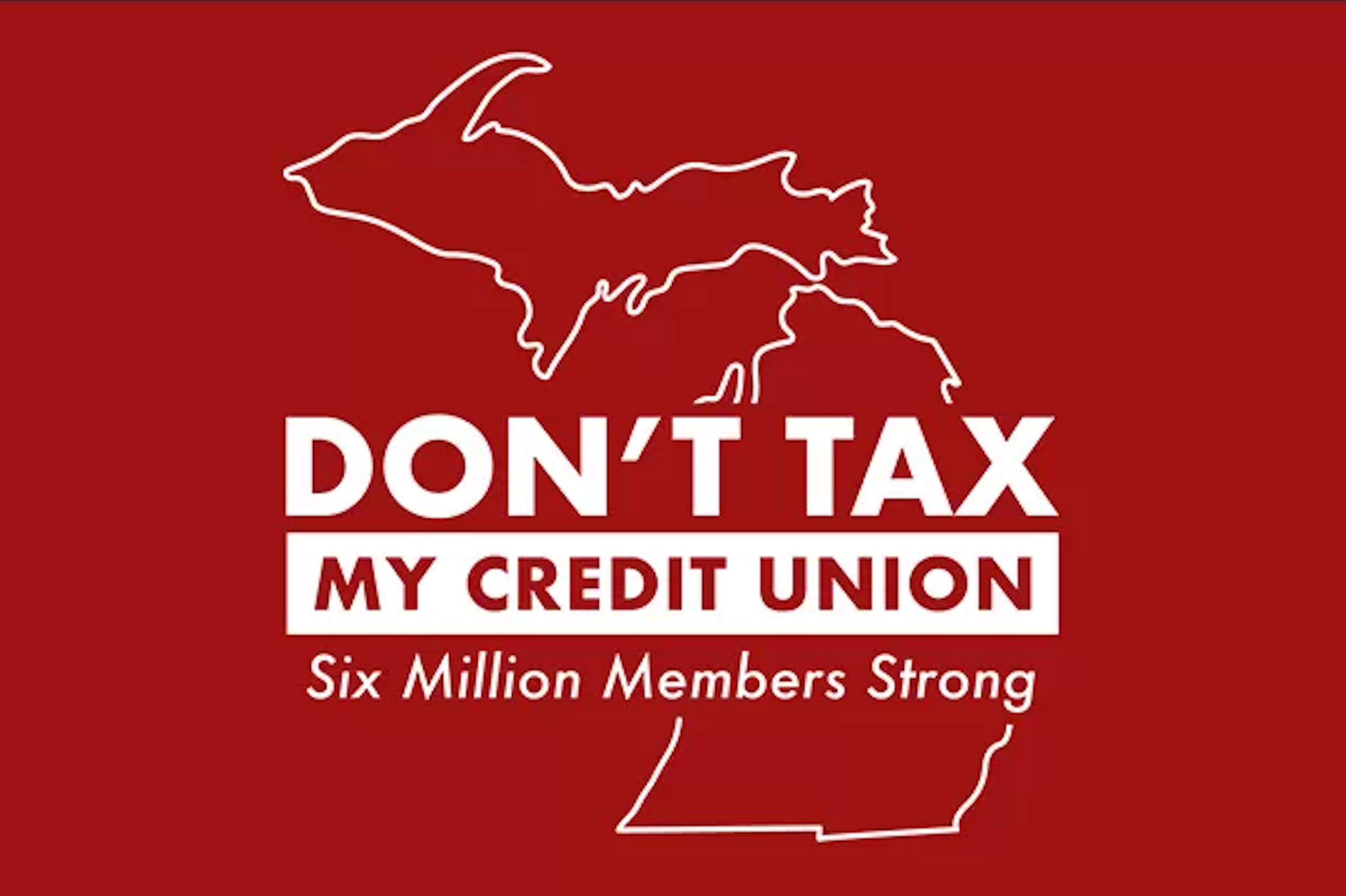Hey grads – congrats! 🎉🎓 You did it! High school is officially in the rearview mirror, and your future is wide open. Whether you’re headed to college, starting a job, or still figuring things out, there’s one smart move you can make right now that will pay off big-time down the road: start building your credit.
Why Credit Matters (Even If You’re Just 18)
We know that “establishing credit” might sound like something for the future you but trust us — building it early can give you a major advantage. A solid credit history can open doors to lower interest rates, better loan options, and easier approval for big milestones like:
🏠 Buying your first home
🚗 Financing a car
💳 Getting approved for a credit card
📱 Even setting up your phone plan or renting an apartment
Good credit = more financial freedom + more money in your pocket.
What You Do Now Matters
Every smart money move you make today helps your future self. Just like saving for a goal, building credit is about consistency. Paying on time, keeping your credit card balances low, and having a mix of credit types will boost your score over time — and fast!
Let WWFCU Help You Get Started
We’ve got your back. At WWFCU, we have several tools specifically designed to help young members like you kick off your credit journey the right way:
🔹 Credit Cards
- Low interest rates and rewards program featuring cash back and other bonuses
- A great way to start building credit if used wisely (Pro Tip: pay it off in full each month!)
🔹 Personal Loans
- Borrow small amounts for manageable monthly payments
🔹 Revolving Loans
- Flexible access to funds, while building credit history
🔹 Auto Loans
- Finance your first ride with competitive rates and guidance from our friendly team
Bonus: Youth Loans with a Parent or Guardian
Not 18 yet? No problem. We offer Youth Lending options that allow a parent or guardian to help you get started even earlier. With joint loans or co-signed accounts, you can start building credit history before you turn 18 — a big head start that most people don’t get!
Tips for Building Credit Fast (and Smart!)
✅ Always make your payments on time — even one late payment can hurt your score
✅ Keep your credit balances low (under 30% of your limit is a good rule)
✅ Mix it up — having different types of credit (like a card and a loan) helps
✅ Don’t open too many accounts at once — slow and steady wins the race
You’re in Control of Your Financial Future
Starting your credit journey now is one of the most powerful steps you can take to set yourself up for success. The best part? You don’t have to do it alone. At WWFCU, we’re here to guide you every step of the way.
Stop by our branch, give us a call, or visit our website to learn more about Youth Lending and how to get started. If you are a parent looking to get your child started on the right financial path, but they aren’t ready for lending yet, we have various youth account promotions as well!
Let’s build your future — one smart decision at a time.
Sincerely,
Your Financial Gurus







